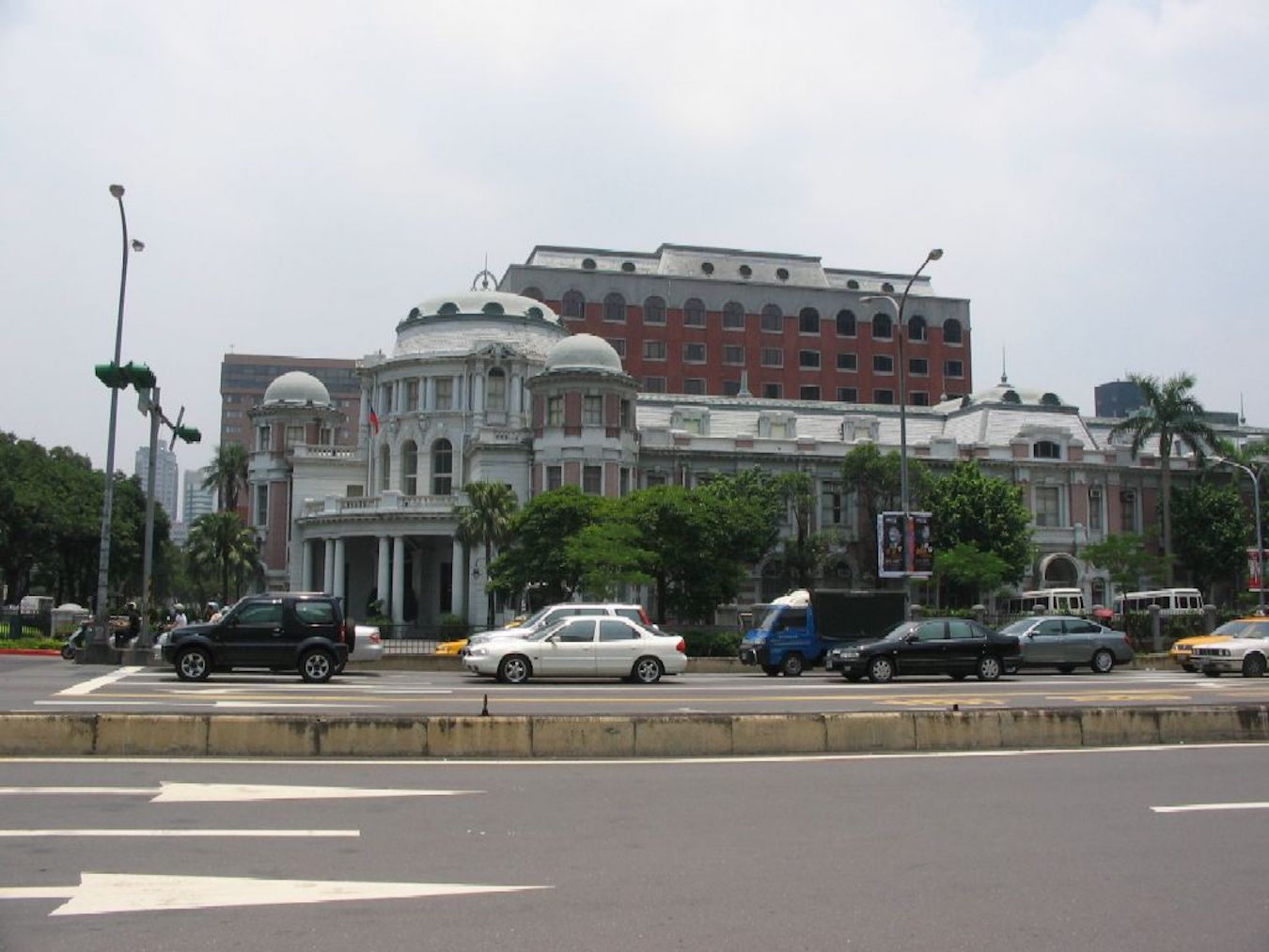by Brian Hioe
語言:
English
Photo Credit: 勤岸/WikiCommons/CC BY-SA 3.0
THE CONTROL YUAN issued a report in April, linking issues of violence in schools to the lack of the student representation on school committees. This connects two issues that have been widely reported on as an issue facing Taiwanese schools as of late, that being the lack of representation on school committees of students and issues of corporal punishment facing students.
In particular, the report zoomed in on a specific incident at Shi-Yuan Senior High School, which is located in Xitun District in Taichung. The incident involved a student surnamed Jia being forced to hold wooden boards and pipes while kneeling for hours at a time, as a result of punishment by a teacher surnamed Chen. Jia was also subjected to insults about his genitals, leading to significant psychological trauma. The teacher was later suspended for one year for his actions, following the intervention of the Control Yuan.
The report, however, cited that the incident reflected broader issues with school committees. Namely, students who themselves may be victims of corporal punishment are not represented on school committees. This was pointed to as a reason as to why Chen’s actions did not previously lead to more significant action, seeing as the majority of those on the relevant committee reviewing his actions were teachers. It may not be surprising, then, that teachers may act to try and defend the reputation of the school from wrongdoing by covering up incidents, or insuring that there is little disciplinary action taken against teachers accused of domestic violence.
The recommendations of the Control Yuan were that improvements be made to auditing and appraisal committees at schools, suggesting that Children’s Day would be a good date to start implementing such changes.
Issues regarding student representation were in the news recently, with student representative groups demonstrating in front of the Ministry of Education in late March over stalling on draft amendments to the University Act. The Ministry of Education postponed voting on amendments that would increase the number of student representatives on university councils from 10% to 20%. Students raised concerns about how this allows for students to be shut out of the decision-making process, particularly seeing as many teachers double as administrators. Otherwise, students criticized how the process for electing university presidents for private universities only included trustees, disenfranchising students from this process.
However, to this extent, so have issues regarding corporal punishment against students. Another incident involving corporal punishment involved 100 fifth-graders being forced to kneel while their teacher cursed them out during a graduation camp activity, for example, while a further incident resulted in the suicide of a high schooler after bullying from not only other classmates, but his teachers. The student was bullied after bringing beer and cigarettes on campus during their freshman year of high school. He was subsequently labeled a social degenerate by teachers, resulting in bullying and blame being pinned on him for other actions.
 The Control Yuan. Photo credit: Allentchang/WikiCommons/CC
The Control Yuan. Photo credit: Allentchang/WikiCommons/CC
These are only a few of the incidents of corporal punishment that have been reported on in recent memory, though they likely only scratch the surface of what takes place in Taiwan. One imagines that many more cases are simply not reported on.
Corporal punishment remains widespread in Taiwanese schools, with survey data from 2019 showing that 70% of junior high school students had experienced corporal punishment. A 2022 incident in which a seven-year-old student practicing judo died from a brain hemorrhage after being body-slammed a total of 27 times by his instructor and other students, making international headlines, likely proves to be the most high-profile injury or death caused by corporal punishment in recent years. The teacher continued to body slam the student ten times even after he vomited and lost consciousness. Though an ambulance was called, he was already bleeding from the brain, and died seventy days later.
This likely proves the most high-profile case of corporal punishment to take place in Taiwan in past years. However, it is to be seen if solutions such as increasing student representation on school committees provide a fix for the issue. It is still possible, after all, that teachers overrule students or otherwise take advantage of the power differential in order to cover-up acts of wrongdoing regarding corporal punishment. And while increasing legal punishment may prove a deterrent, one suspects that corporal punishment is deeply rooted in an educational system that originates from authoritarian times.
Indeed, in May, family members of eight children that died of abuse in childcare centers held a demonstration calling for an end to abuse of children in Taiwan. The eight parents consisted of seven mothers and one father and, along with the Taiwan Children’s Rights Association, called for action from the government to end the problem. Measures advocated included publicizing the names of childcarers and facilities who had abused children, for more surveillance equipment to be installed in childcare centers, for childcarers who committed such crimes to be prevented from working in the industry in the future. The demonstration was timed to take place on Mother’s Day.
It remains to be seen what measures can be taken to address an issue that occurs in schools, childcare facilities, and other institutions, something which finds parallel in abuse of the elderly in elderly care facilities. Ultimately, the issue may be more than punitive measures can remedy.

